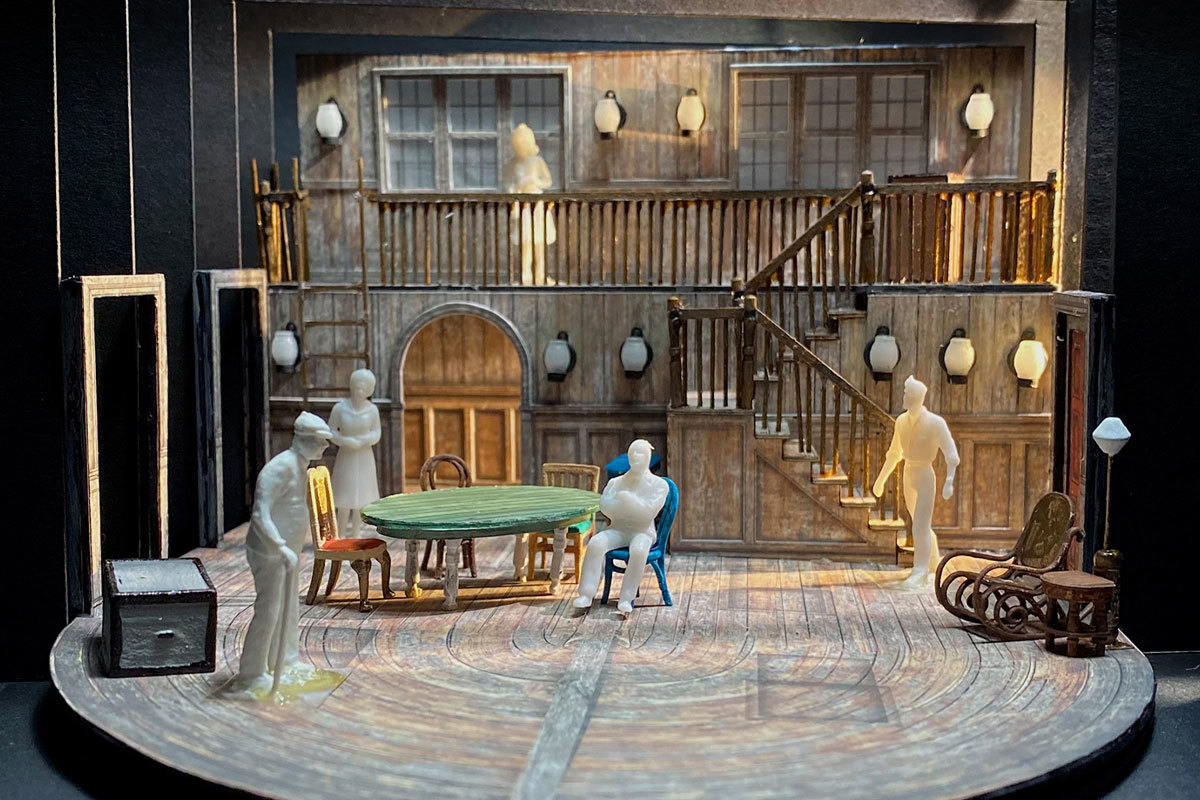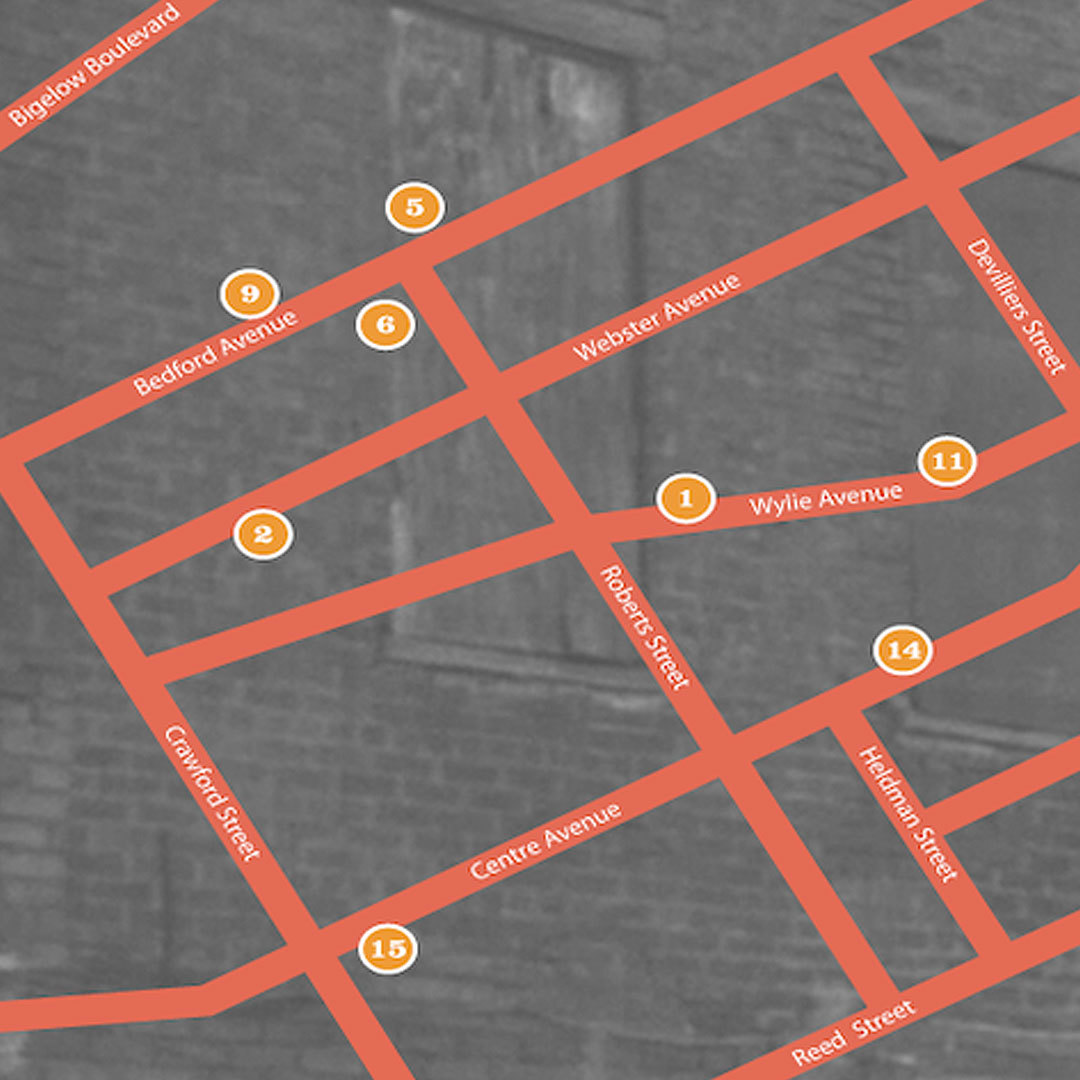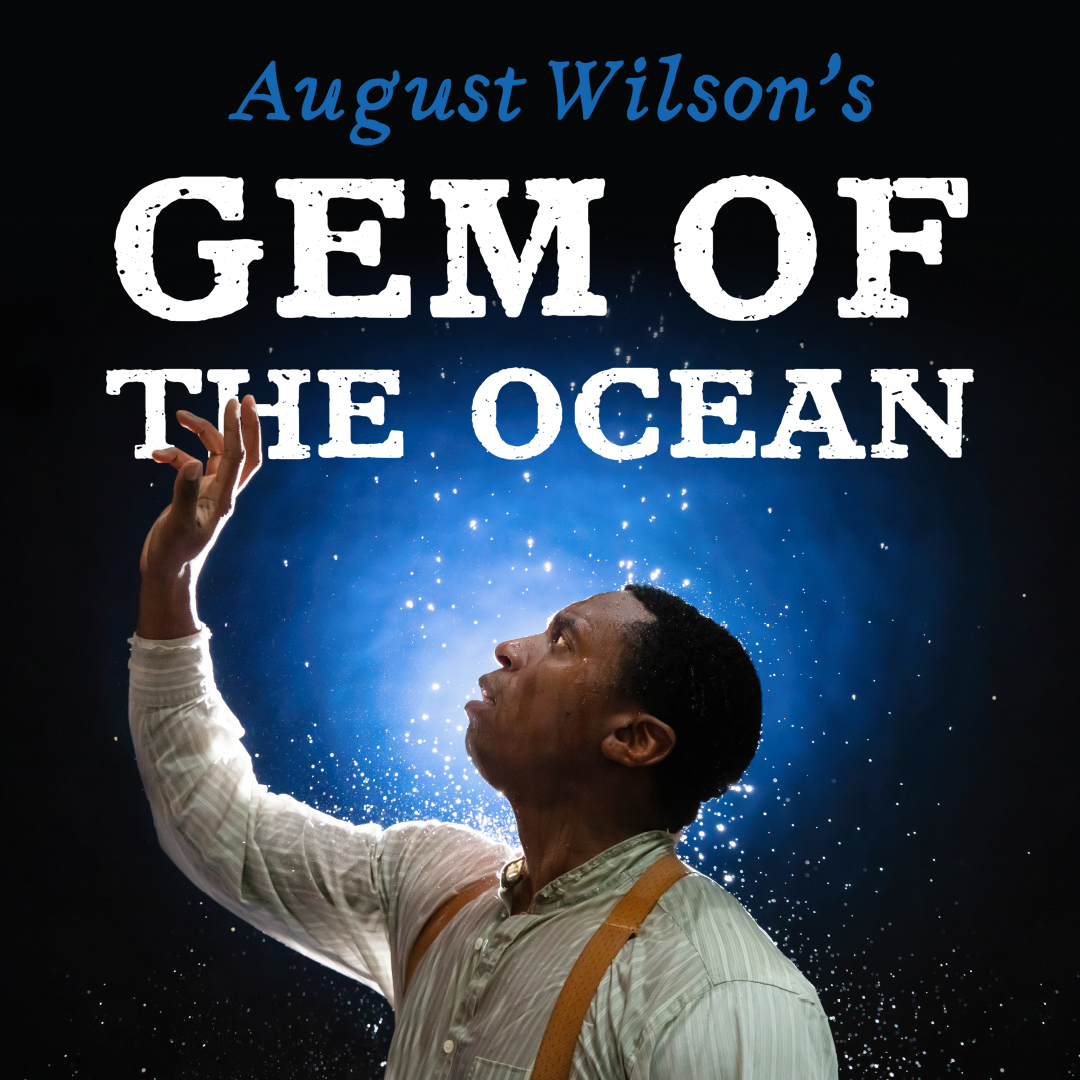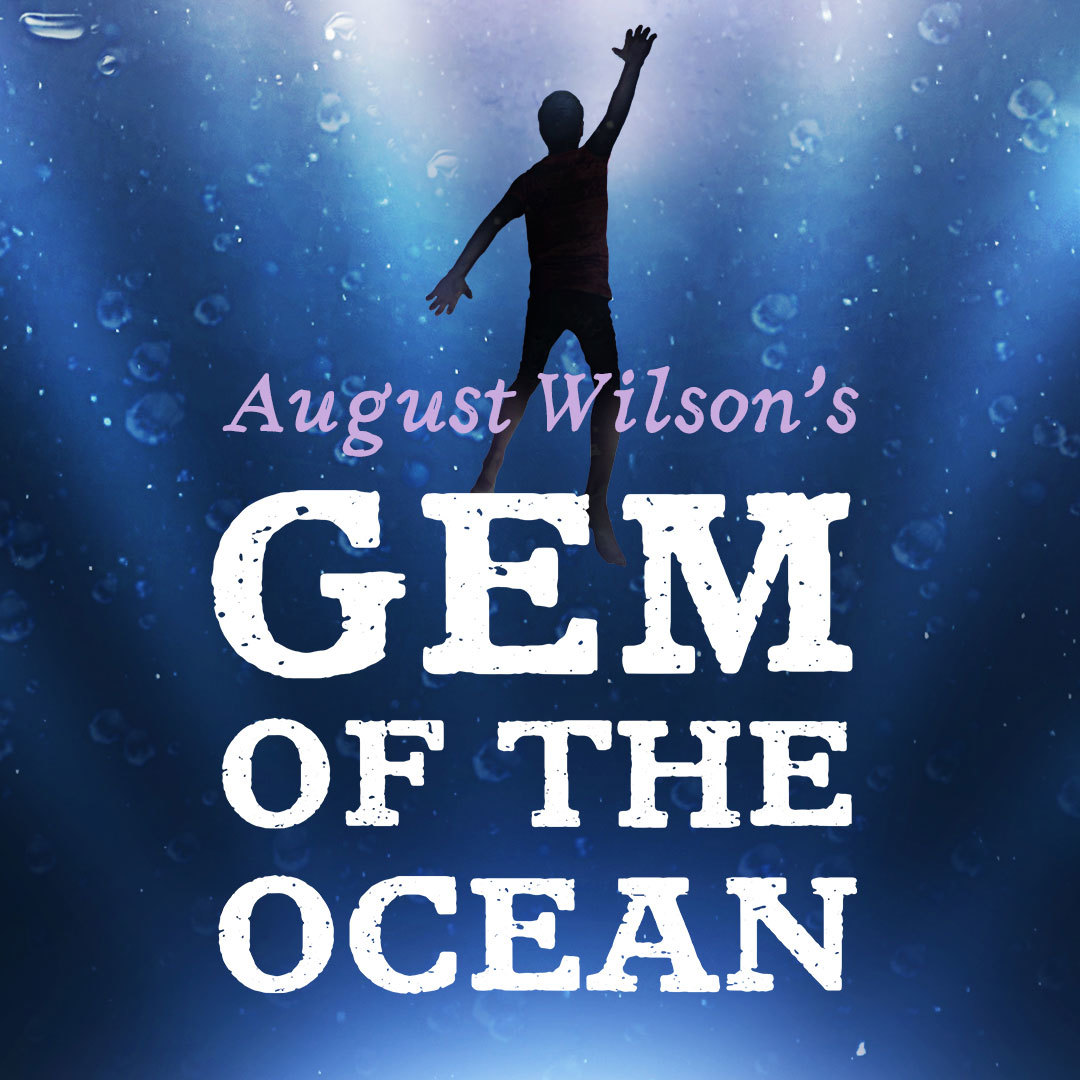The Century Cycle
Beginning in 1904 with Gem of the Ocean and ending in 1997 with Radio Golf, August Wilson's 10-play American Century Cycle charts the lived experience of African Americans. Over the course of approximately 26 years, Wilson wrote one play for each decade in the 20th century. A feat unrivaled in the theatrical canon, the cycle is primarily set in Pittsburgh's Hill District, a historically Black neighborhood, and celebrates the traditions and magic of what he described as a "separate and distinct" culture with "different philosophical ideas, different ways of responding to the world, different ideas and attitudes, different value."
- Jitney (1982): Set in 1977, this play follows the men who congregate in the jitney cab station owned by Jim Becker. Veterans, formerly incarcerated people, and number runners tell a story of brotherhood, tragedy, and reconciliation.
- Ma Rainey’s Black Bottom (1984): This play (the only one not set in Pittsburgh) fictionalizes a recording session of real-life blues legend Ma Rainey and her band. The band gathers on a sweltering Chicago day in 1927 as Ma fights for agency over her art while hot-headed trumpet player Levee confronts the weight of existing in Jim Crow America.
- Joe Turner’s Come and Gone (1984): In Seth Holly’s boarding house in 1911, a community forms among the newly freed roomers. A “conjure man” with a connection to African religion, a young migrant from North Carolina, and a mysterious stranger who arrives searching for the wife who abandoned him and his daughter.
- Fences (1987): The first of Wilson’s two Pulitzer Prize-winning plays, and arguably the most famous of his works, this play is set in 1957 and tells the story of the Maxon family. Led by complicated patriarch Troy, a former Negro League baseball player, and his devoted wife of 18 years, Rose.
- The Piano Lesson (1990): The second of Wilson’s plays to win a Pulitzer Prize, this play is set in 1936 in the aftermath of the Great Depression. Siblings Boy Willie and Berniece disagree on what to do with an invaluable heirloom, the family’s hand-carved piano, crafted by their formerly enslaved ancestor. While Boy Willie, a sharecropper living in the South, feels they should sell it and buy the land he tends, Berniece is emphatic and believes that they should keep it in honor of their family history.
- Two Trains Running (1991): In 1969, Memphis Lee’s diner serves as a meeting place for members of the Hill District. Set against the backdrop of the Civil Rights movement and the rapid gentrification of Pittsburgh, the diner is set for demolition. While Memphis fights for what his restaurant is worth, his customers search for love, freedom, and justice in a changing country.
- Seven Guitars (1995): Fresh from his release from jail and on the heels of the release of his first and only hit record, blues singer Floyd Barton returns to the Hill District in 1940, in hopes of reconnecting with his love, Vera. However, the demons of his past come back to haunt him and he is tragically killed. Those who love him gather to mourn and celebrate his electric life and work.
- King Hedley II (1999): In 1985, King Hedley, a formerly incarcerated man, hatches a plan to support his wife and mother by selling stolen refrigerators to buy a video store and becomes a respectable businessman. This play is a searing critique of the Reagan administration and the “supply-side economics” that led many to financial precarity.
- Gem of the Ocean (2003): In 1904, we are introduced to Ester Tyler, the matriarch of August Wilson’s Century Cycle. Referred to as "Aunt Ester," she is known for opening her home to individuals on the journey toward redemption and the building of a new culture that recognizes the path from Africa to post-enslavement America.
- Radio Golf (2005): The last play in the Cycle, set in 1997, revolves around Harmond Wilkes, an Ivy League-educated local politician whose redevelopment project would alter the Hill District in irreparable ways, namely, by demolishing 1839 Wylie Avenue, the home Aunt Ester occupied for nearly 100 years.
Portland Center Stage is committed to identifying & interrupting instances of racism & all forms of oppression, through the principles of inclusion, diversity, equity, & accessibility (IDEA).



















